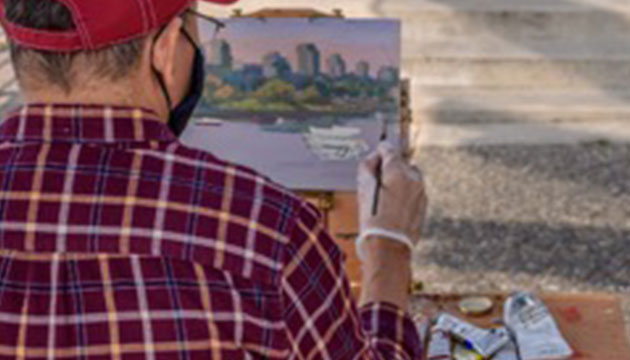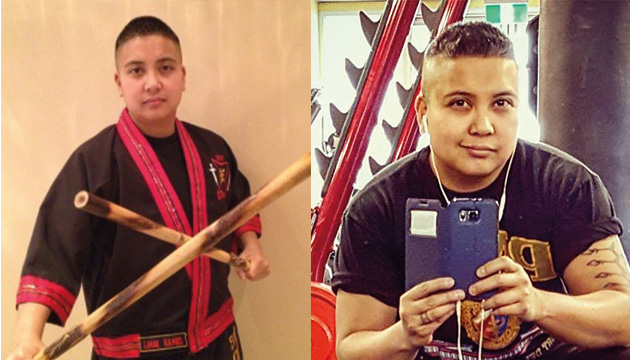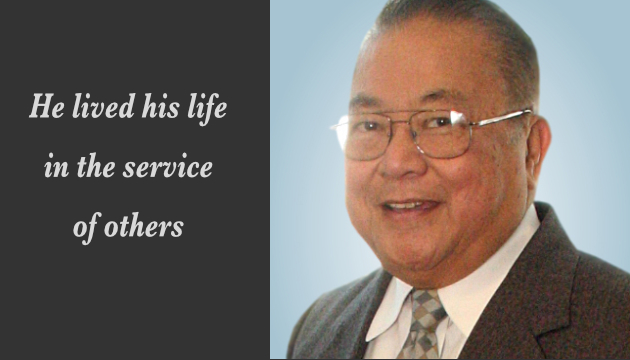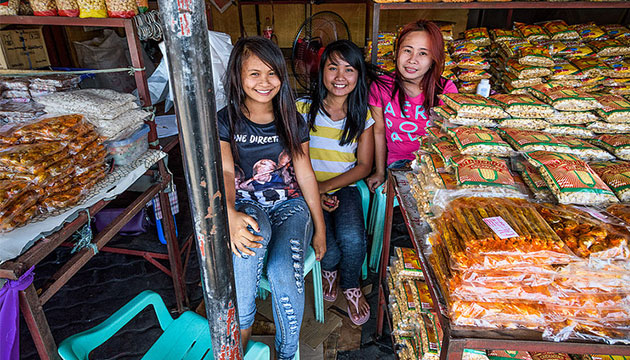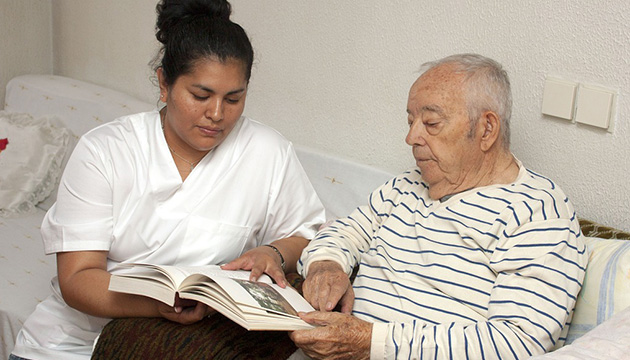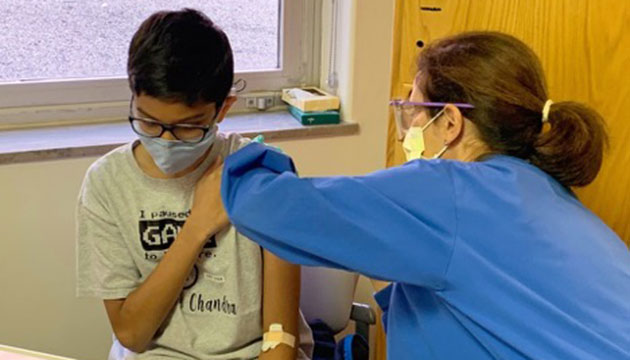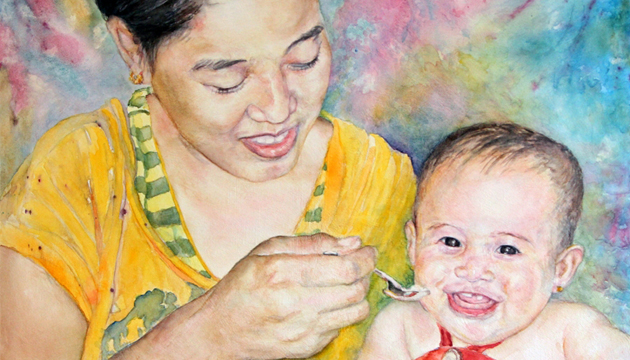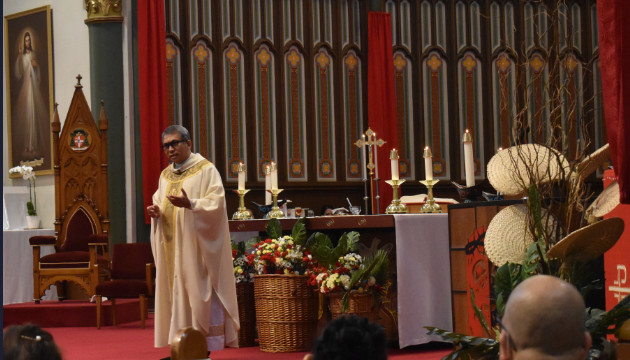September 16, 2024 - What are the unintended consequences of Filipino parents leaving their children behind to work as nannies for families in Canada? The documentary Inay by Vancouver-based producer/director Thea Loo explores those many lingering effects on the overseas Filipino workers (OFWs), their children and their children’s spouses as they all seek a “better life” in Canada.
Inay will have its Canadian premiere at the 43rd Vancouver International Film Festival (VIFF) which runs from September 26 to October 6.
In an exclusive to Canadian Filipino Net (CFNet), Loo shares that the documentary aims “to humanise immigration and labour migration issues.”
“It’s easy for us, including Filipino Canadians, to talk about immigration as a concept that seems removed from our daily lives. In reality, these issues are just the water we swim in, and sometimes it’s hard for us to notice how larger political and economic structures affect us on a personal level.”
Loo, who was born and raised in Canada by Filipino immigrants, directed and produced the film with husband Jeremiah Reyes as cinematographer. They are joined in the film by Loo’s parents Patrick and Rowena, Loo’s longtime friend Shirley Lagman, and Reyes’ and Lagman’s mothers who both immigrated to Canada via the live-in caregiver program (LCP) in the 90s.
Philippine Women Centre of BC’s Charlene Sayo provided insights on the plight of Filipino women who came to Canada under the program.
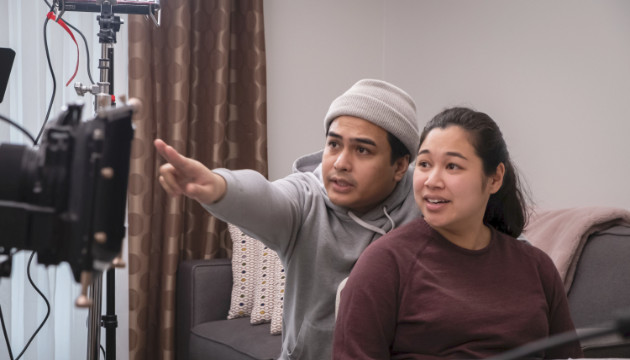 Reyes and Loo work on camera angles for Inay.
Reyes and Loo work on camera angles for Inay.
Inay speaks to the concept of family reunification as a supposedly joyous event but the long absences and separation prove how virtual strangers are actually made to live with one another. Loo hopes that the film’s audiences will realize “that societal, cultural, and economic structures are closely intertwined with our lives, particularly in how they impact our mental health in a real way.”
Instead of looking back, Loo tells CFNet that it is more important to “consider how we can work toward achieving the ‘better life’ that OFWs are striving for” and “to understand the motivations and intentions of family members who migrated and to strive toward the positive outcomes they hoped for.” She notes that the LCP, which ended in 2014, was essentially a “program with unknown repercussions,” adding that, “labour migrants might have been unprepared for the challenges of being away, the complexities of reuniting in Canada, and the mental health struggles for all involved.”
In June, the Canadian government announced a pilot program to be launched in fall of 2024 that ensures landed immigrant status for caregivers upon arrival. Loo sees these efforts “as small and slow steps toward something more ethical and equitable.”
In 2023, OFWs contributed over US$37 billion in remittances to the Philippine economy making up about nine percent of the country’s GDP in that year alone. Almost 60 percent of those 1.96 million OFWs are women.
Loo’s next project is a TV series with writer Moses Caliboso called Soule which explores how three Filipino Canadian boys balance the “intricacies of ambition, family, and identity as their desire to succeed spirals into the creation of a sneaker empire built on fake replicas.” Inay subtly touches on the Filipino materialist psyche through images of balikbayan boxes and references to Imelda Marcos’ shoes.
With Soule, Loo and Caliboso hope to create a fun and thought-provoking TV series that plays on the idea that the dreams we have as Filipino Canadians might be bootlegged versions of the real American or Canadian dreams.”




